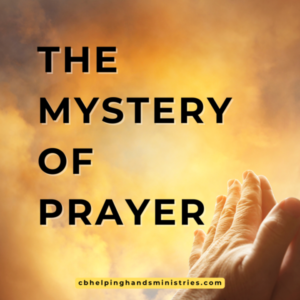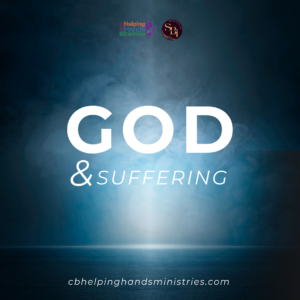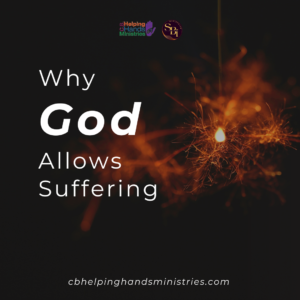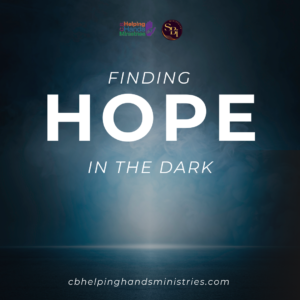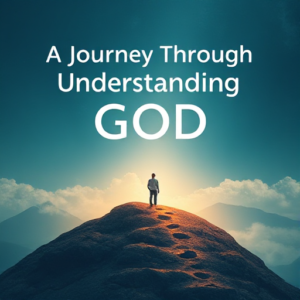God’s Sovereignty

As believers, we’ve all faced the daunting question: “How can we trust that God is always good and always in control when bad things happen?” It’s a question that has puzzled and perplexed many of us, leaving us wondering if God is truly sovereign or just a distant deity who allows evil to prevail.
In the Bible, God’s sovereignty is a central theme that runs throughout the narrative. From Genesis to Revelation, we see God’s power and control over creation, from the smallest atoms to the vast expanse of the universe. The Bible teaches that God is the all-knowing, all-powerful, and all-loving Creator who is actively involved in the lives of His people.
One of the most iconic passages on sovereignty is Psalm 135:6-7, which declares: “Whatever the Lord pleases, he does. In heaven and on earth, in the seas and all its depths, he lets it happen.” This verse underscores God’s absolute authority and control over all creation.
Another important passage is Isaiah 46:10-11, which states: “My counsel shall stand, and I will accomplish all my purpose. Calling a bird of prey from the east, the man of my counsel from a far country. I have spoken, and I will bring it to pass; I have purposed, and I will do it.” Here, God explicitly declares His plan to accomplish His purpose and bring it to pass.
From a philosophical perspective, the concept of sovereignty raises questions about free will and determinism. Some argue that if God is truly sovereign, then human free will is an illusion. Others propose that God’s sovereignty implies a lack of human agency.
Romans 8:28-29, which states: “We know that for those who love God all things work together for good, for those who are called according to his purpose. For those whom he foreknew he also predestined to be conformed to the image of his Son.”
In this passage, Paul emphasizes that even though we are subject to various circumstances, God’s sovereign plan ensures that all things work together for good for those who love Him.
God’s sovereignty is often linked to His character attributes such as goodness, justice, and love. The Bible teaches that God is good (Psalm 34:8), just (Psalm 119:137), and loving (1 John 4:8). These attributes are essential components of His sovereignty.
God’s sovereignty is not just a theoretical concept; it is a living reality that has been demonstrated throughout history. While bad things may happen, we can trust that God is always good and always in control. The Bible teaches us that God’s sovereignty is not at odds with human free will but rather complements it.
As we navigate life’s challenges and uncertainties, we can find comfort in knowing that God has a plan for us (Jeremiah 29:11). His sovereignty is not limited by human circumstances but rather extends beyond them. We can rest assured that even in the darkest moments, God is working everything together for our good (Romans 8:28).
Apostle Shelia
SBI Ministries
C.B. Helping Hands Ministries
Follow Us
Stay up-to-date with our latest articles and insights by following us on social media:
https://www.facebook.com/CBHelpingHands
This website is a treasure trove of valuable information, and we’re committed to keeping it free for everyone. If our content has made a positive impact on your life, consider supporting us with a donation to help us continue sharing knowledge freely.
